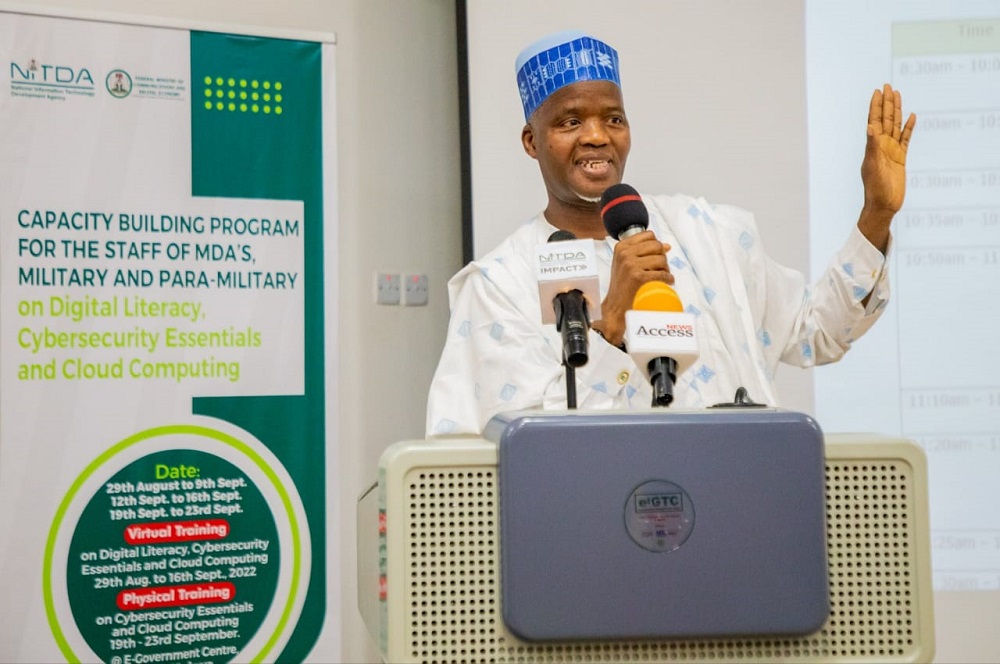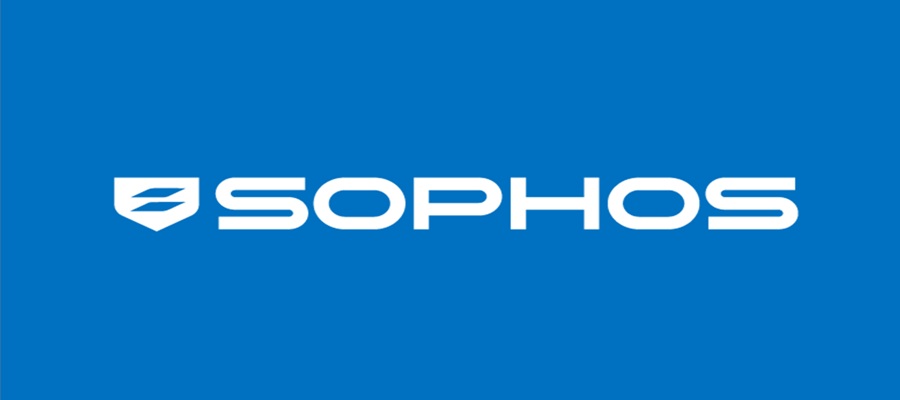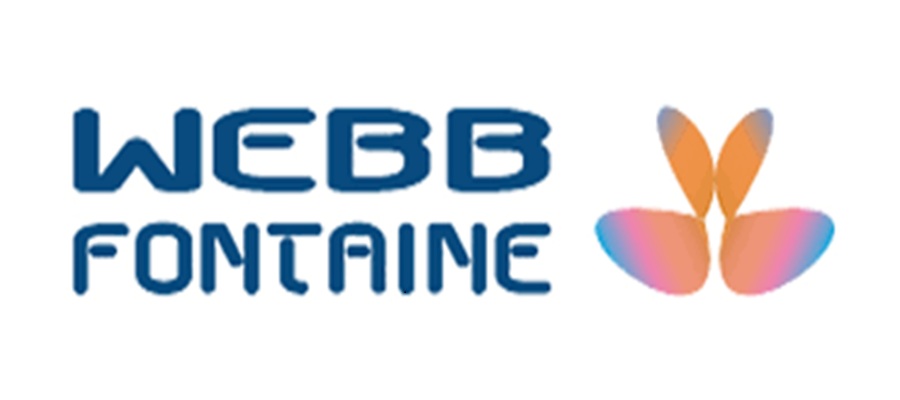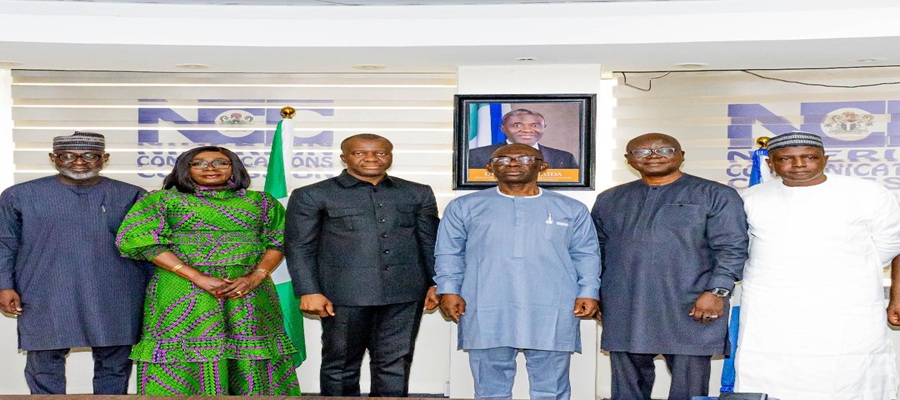Telecom
NITDA Intensifies Commitment to Create a Digitally Formidable Federal Civil Service

The National Information Technology Development Agency (NITDA) has continued to display its commitment to the sustainability of a digitally transformed Nigeria by engaging the workforce of various Federal Public Institutions (FPIs) in capacity development programmes to create a digitally formidable federal public service towards the realization of a digital Nigeria.

Dr. Usman Gambo Abdullahi, Director, Information Technology Infrastructure Solutions Department, NITDA, and representative of the DG, giving his address at the closing event of the programme.
This was revealed at the closing ceremony of a capacity-building programme organised by NITDA for 100 participants from Ministries, Departments and Agencies (MDAs), Military and Paramilitary agencies who were trained on Digital Literacy and Skills, Cybersecurity Essentials and Cloud Computing.
Giving his closing remark at the event, the NITDA Director General of NITDA, Kashifu Inuwa expressed his pleasure at the participants for their active participation and contribution to class activities throughout the programme while urging them to be good ambassadors of the knowledge gained in their various organisations.
The DG who was represented at by the Agency’s Director Information Technology Infrastructure Solutions, Dr. Usman Abdullahi, stated that the present administration of President Muhammadu Buhari GCFR through the Ministry of Communications and Digital Economy has developed initiatives to ensure that the digital transformation of the country is achieved.
Echoing the agency’s ambitious target of attaining 95% digital literacy by the 2030, the DG said that digital literacy and skill is a key pillar of the National Digital Economy Policy and Strategy (NDPES) strategic document which was launched by Mr. President in 2019.
He said, “In order for Nigeria to attain 95% digital literacy by 2030, we need your collective effort in ensuring that the NDEPS serves as a guidance and guideline in all our processes at our various workplaces.”
Speaking on the NITDA’s effort on the implementation of NDEPS, Inuwa stated that the agency developed its Strategic Roadmap and Action Plan (SRAP) 2021-2024 document in which, Digital Literacy & Skill, Cybersecurity and Emerging Technologies are part of the seven pillars which it is anchored on.
“Among the pillars are the Digital Literacy & Skill, Cybersecurity and you have been trained in Cybersecurity Essentials. Another pillar is emerging technologies and you have been trained in cloud computing. There are 7 pillars in total and each pillar is key to our journey towards the realisation of the digital economy,” he noted.
While laying emphasis on the Agency’s commitment to implementing and complimenting the efforts of the Ministry of Communications and Digital Economy through the development of SRAP, Inuwa averred that the agency is focused on building the skills and capacity of people which is highly essential in digitally transforming the nation.
He added that NITDA has set up Digital Transformation Technical Working Groups (DTTWG) in 200 MDAs in the country with the aim of driving digital transformation agenda as well as adding value to their processes for the benefit of all Nigerians.
“The importance of this programme cannot be overemphasized and now that you have been taught, the expectation is that you go back to your various organisations and implement all you have been taught,” he concluded.
On her part, the Acting Director, Digital Literacy and Capacity Development department, Dr. Amina Sambo-Magaji appreciated Prof. Isa Ali Ibrahim (Pantami) for starting the journey and extended her gratitude to the DG NITDA for creating the enabling environment in making the programme a success.
She congratulated all the participants and admonished them to be ambassadors of the programme by implementing all they have learnt and propagating the programme to their colleagues so that the entire citizenry can harness the benefits of digital technology.
Telecom
Safer Internet Day: Sophos Warns – 42% Attacks Hit Stolen Logins in 2025

Sophos, a leading provider of innovative cybersecurity solutions, shared practical advice to help internet users safeguard their credentials and maintain continuous protection online.

Sophos
According to the upcoming Sophos Active Adversary Report, compromised credentials were the leading cause of attacks (42.06%) in 2025.
This is a strong trend that continues to dominate the scene, with cyber attackers demonstrating ever-increasing ingenuity and relying on new tools to compromise the security and privacy of internet users.
John Shier, Field CISO Threat Intelligence at Sophos, said: “The way attackers are using automation and generative AI to massively increase the speed and volume of their attacks suggests that attacks will become faster and more sophisticated. The best approach to protecting our identities and digital data is to take a proactive stance on defense.”
“Criminals are increasingly targeting people rather than devices, and this trend is expected to continue and even accelerate. Once again, AI is being used as a weapon to create highly detailed phishing lures to entice people to disclose passwords or financial information through well-designed emails, text messages, and WhatsApp messages.”
1. Keep your devices up to date: the most important and simplest measure you can take to protect yourself in the long term.
Cybercriminals are constantly on the lookout for computers that don’t have all the latest security patches, making them easy targets for compromise. This includes computers, laptops, smartphones, tablets, and home Internet/Wi-Fi routers. In most cases, you just need to click “Check for Updates” or “Update Now” and allow the device to restart.
2. Use a password management tool, whether it is built into an operating system or a third-party tool.
Password uniqueness and complexity are then managed automatically, greatly facilitating account isolation and protection.
3. Enhance protection with phishing resistant (MFA).
Many websites offer the option of using an “authentication app,” a smartphone app that displays a unique code for a short period of time, which must be entered after the password, making it much more secure than simply using a password.
Better still, there is a new solution called “passkeys,” which generally uses biometric authentication on your smartphone (face scan, fingerprint) to log in without any password. This is the best choice when available.
John Shier concludes: “Criminals will never stop trying to steal from us, so we must remain vigilant. We know that they are constantly improving and becoming more skilled at deceiving us, so it’s up to us to move forward and improve our protections to stay safe.”
For more information, please visit: https://www.sophos.com
Telecom
Webb Fontaine Unveils AI Customs Revolution at WCO Abu Dhabi Summit

Webb Fontaine has launched Webb Fontaine Zerø, a groundbreaking AI-powered Customs platform, at the 2026 WCO Technology Conference in Abu Dhabi, drawing over 1,500 delegates from 100+ countries.

Webb Fontaine
CEO Alioune Ciss unveiled the LLM-based concept during the keynote, calling it a “complete reset” from legacy systems – embedding AI across operations for real-time regulatory adaptation, risk management, and trade facilitation under the theme “Customs Agility in a Complex World.”
CTO Ara Shamirzayan led panels on AI risk analytics, while GM Anicet Houngbo moderated border digitalization talks showcasing emerging market successes.
The firm’s stand hosted Zerø demos, interactive sessions, and a sponsored gala dinner, reinforcing WCO ties via SAFE Framework and PSCG contributions.
Webb Fontaine eyes global partnerships to deploy agile, future-proof Customs tech amid rising trade demands.
Telecom
NCC Committed to Regional Digital Integration – Maida


L-R – Engr. Aliyu Yusuf Aboki , Executive Secretary WATRA; Mrs Nneena Ukoa, Head Public Affairs, Nigerian Communications Commission; Hon. Clarence K. Massaquoi, Chairman Board of Commissioners, Liberia Telecommunications Authority; Kelechi Nwankwo, Director Corporate planning, strategy and Risk Management(NCC); Hon. Ben Fofana, Commissioner with oversight responsibility for Licensing and Regulation (LTA); Usman Mamman Director, Licensing & Authorization (NCC) during a courtesy visit to the Commission’s Headquarters in Abuja on 30th January, 2026.

 E-Financial2 days ago
E-Financial2 days agoAlawuba Advocates Security, Bankable Projects, Infrastructure Development to Promote South-East Vision

 Telecom1 day ago
Telecom1 day agoNCC Committed to Regional Digital Integration – Maida

 E-Financial1 day ago
E-Financial1 day agoCBN Expresses Concern Over Foreign Investments in Nigeria Fintechs

 General News1 day ago
General News1 day agoIndigenous Firm Deploys 400,000 Smart Electricity Meters in 2025

 E-Financial1 day ago
E-Financial1 day agoBOI Secures CBN Nod for Sharia Banking, Unlocks Ethical Funding Boom

 Telecom1 day ago
Telecom1 day agoITU Top Director Visits NITDA, Boosts Nigeria’s Digital Literacy Push

 E-Financial1 day ago
E-Financial1 day agoUBA’s Easy and Instant Account Opening Thrills Returnee

 News1 day ago
News1 day agoEFInA Unveils Research Fellowship Programme to Deepen Financial Inclusion Impact

























